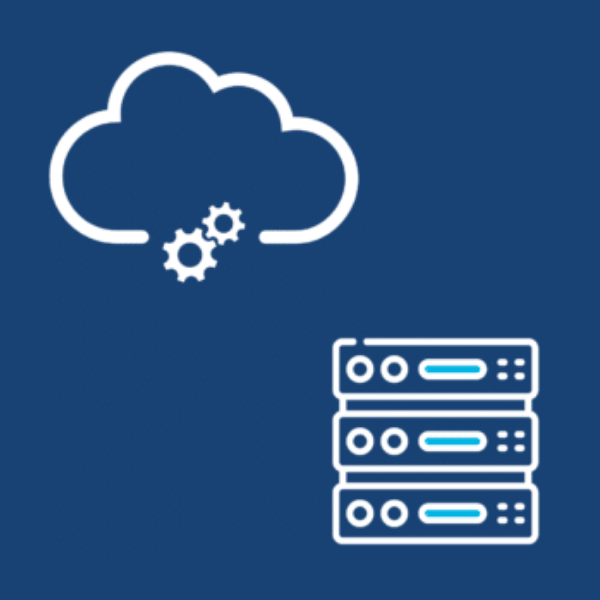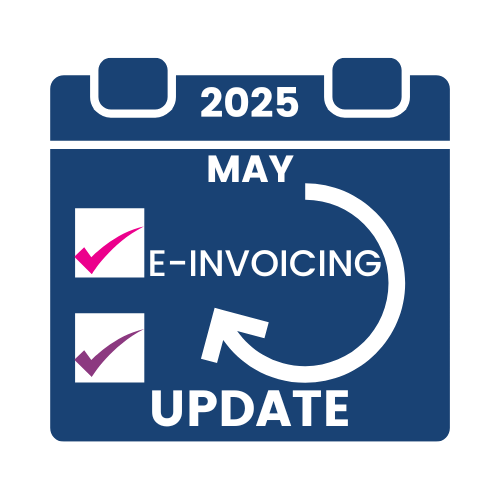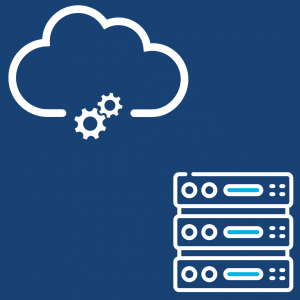
Cloud or On-Premise Accounts Payable Automation Solution?
When considering any finance process automation this is one of the first questions that need to be answered. It affects every aspect of the choice, design, integration, implementation and ongoing support of the new solution. It’s very important to get it right.
The choice can be overwhelming and incredibly complex. There are many factors to take into consideration. This blog aims to highlight 7 key points to help to make the decision a little easier. A survey reported by Microsoft shows that, at the end of 2020, 41% of enterprise workloads/processes were run on cloud platforms. This shows a shrinkage of on-premise hosted software by approx 10%
Firstly, let’s clarify what an on-premise and cloud solution is.
What is an on-premise accounts payable automation solution?
On-premise means the organisation’s server is hosted within the company’s infrastructure, often meaning physically onsite, The server is controlled, administered, maintained, procured, etc. by the company and its in-house IT team, or an IT partner. An on-premise ap automation solution is installed on this server along with the archived data, which is then accessed and shared between computers through the company local network or via a corporate VPN (if working remotely).
What is cloud-hosted accounts payable automation solution?
The automation solution provider hosts, installs and maintains the software on a cloud environment. The teams access the accounts payable automation solution and the associated data via the internet from a web browser or a mobile app.
1. Costs and maintenance

One of the first decisions on procuring an accounts payable automation solution is cost. Both initial and ongoing costs need to be considered. ROI is important and a business case needs to be made, but once this is done there is the question of budget. Here’s a look at the difference with cloud vs. on-premises solutions, in terms of cost and maintenance:
On-premise
Purchasing an on-premise accounts payable automation solution means a large amount payable upfront which generally comes in the form of capital expenditure. It requires the purchase of hardware, licencing, and the accounts payable automation solution software costs, as well as an increase in energy costs, and the extra square footage needed in your office space.
Deploying on the company’s infrastructure will have a knock-on effect with IT as well as the finance teams and often requires the solution provider to attend on-site. The ongoing support of the server and associated maintenance will fall at the feet of the IT department too. Support for the automation solution is given by the solution provider, but they will require access to the server, again impacting IT.
If the hardware malfunctions and needs to be replaced or an upgrade is required this will require additional investment. However once purchased, there will not be any ongoing monthly fees from cloud service subscriptions, and there is no need for a superfast internet connection because everything is accessed via the local network, meaning reduced internet fees.
Cloud
One of the biggest benefits of choosing a cloud solution is there are no enormous upfront costs. You pay monthly subscription fees as you go. Maintenance, up-to-date software, security and support all fall into the lap of the cloud provider, freeing the IT team from the majority of the support. Large amounts of storage are available online through cloud based ap automation solutions which archive documents in a compliant way, which means paper copies are a thing of the past.
2. Security/threat protection

Whether your solution is AP hosted on-premise or in the cloud, the issue of security should be of utmost importance. 58% of the organisations asked, believe apps that come in contact with critical data or systems need to be on-premises, but are these concerns valid?
On-premise
Many companies choose to host all their applications on an on-premise server to give an element of control to access and users. This means they are responsible for their own security measures too. Implementing an information security system requires a high level of expertise, and maintaining the system requires in-house time and expenditure.
Cloud
Cloud security has never been better, according to a Gartner survey cloud service workloads will suffer at least 60% fewer security incidents than those in traditional on-premise servers. Cloud server providers now offer a multitude of security systems that match, or often exceed what on-premise servers have in place, added to that cloud servers have an expert team of global cybersecurity experts helping to safeguard your business. AP automation solutions hosted on the cloud allow the AP team to manage their users and compliance rules themselves, freeing up the IT team safe in the knowledge that the cloud security is managed by the cloud host.
3. Compliance

All companies are subject to some sort of compliance (GDPR etc) So, which makes more sense in terms of choosing on-premise vs. cloud compliance?
On-premise
Industry specific regulations mean specialised knowledge and expertise. Ensuring your on premise server is up to date and meets all the requirements is part of the IT teams remit. This is an added pressure for the IT team who need to understand and adhere to the regulations whilst continuously monitoring systems/logins, creating incident procedures and using data encryption. Any gap in compliance can lead to audited and fined.
Cloud
Using a compliant cloud server provider removes the need for inhouse expertise in compliance and regulation. The company remains responsible for compliance requirements so should ask the cloud provider for evidence of certificates and audit results to ensure they are meeting the requirements necessary.
4. Scalability
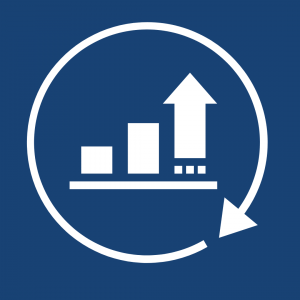
Scalability when on cloud and on premise is very different and offers some significant challenges, impacting both team resources and expenditure
On-premise
If the AP team grows in size and activity due to an increase business the on-premise infrastructure may no longer be able to efficiently manage the changing workload. This may mean new hardware, increased memory and more licencing costs, and a review of in user licences from you AP Automation solution provider.
Cloud
With cloud managed servers adding and removing storage capacity is a simple task, meaning you can respond to spikes and drops in workload in an agile way. The flexibility of this means reduction in overhead costs association with scaling resources manually.
5. Reliability
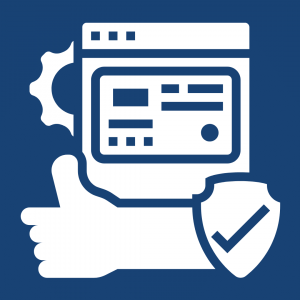
First and foremost, accessing your servers needs to be quick and reliable, while offering a good user experience. When it comes to reliability, here are some things to consider when choosing on-premise vs. cloud storage:
On-premise
Some businesses like the idea of on-premises because it does not require an internet connection for onsite employees to access storage, making it fully available without the need for a good connection. However, having all data on the server limits access to only those working in the office—excluding today’s many remote workers. In addition, on-premises will require power and backup power (such as a generator or UPS), and a storage backup system, which will add to overall costs.
Cloud
A good, fast, reliable internet connection is critical when it comes to cloud storage. No connection means no access to files—and a slow connection can be equally daunting. A break in connectivity can delay your operations and send productivity into a slump. Be sure the internet connection is optimised before switching to cloud storage. Many opt for a backup internet connection if all (or most) of their workload is in the cloud.
6. Data backup
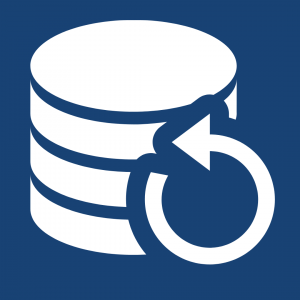
Disaster recovery can be a business’ worst nightmare. One study found that about half of all companies are not prepared to recover from a disaster. Here’s a look at how an on-premises solution stacks up vs. the cloud:
On-premise
With on-premise storage systems, your data is stored on an internal server, meaning your company assumes a greater amount of risk in terms of losing data. Still, many businesses choose to keep storage on-premises, but with an off-site backup service to avoid data loss. Eighty percent of organisations that use on-premise servers still use the cloud for at least a portion of their data protection strategy.
Cloud
A reliable cloud storage provider offers businesses many features to avoid data loss, including built-in redundancy, failover, backup, automatic logging, monitoring, and more—allowing for shorter recovery time compared with on-premises alternatives.
7. Anywhere access (via mobile app, browser, PC)

Remote access and mobile access needs, play a role in choosing the right option. Here are some considerations when it comes to accessing your information via the cloud versus on-premise
On-premises
If most users work in the same office and are rarely mobile, an on-premise accounts payable solution is a viable choice. (If using a VPN, remember unforeseen situations like natural disasters or COVID-19 can suddenly turn office workers into remote workers, which can also overwhelm your VPN system.)
Cloud
AP teams can access anything they do in the office via a cloud server, as long as they have an internet connection. This convenience makes the cloud a great choice for remote users who frequently from home or while they’re on the move.
For more information head over to our solutions page
